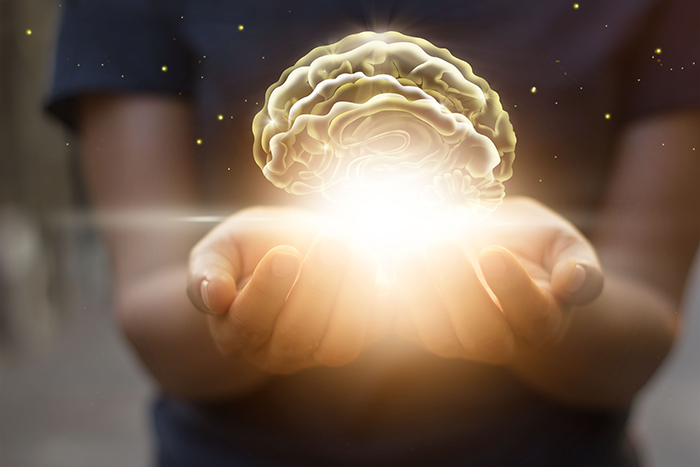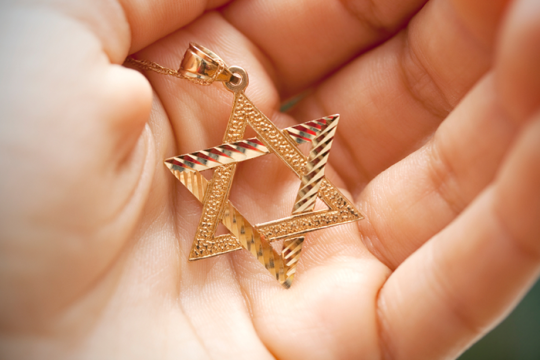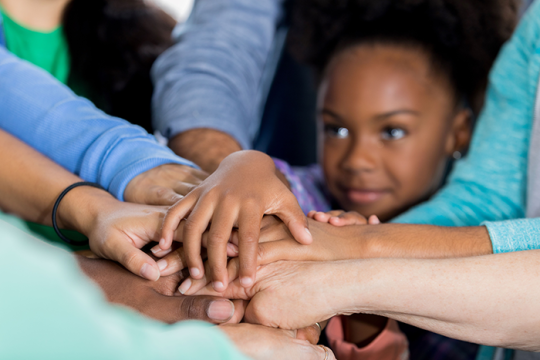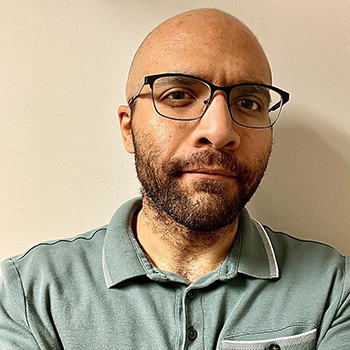
“And God created humankind in the Divine image” (Genesis 1:27).
For neurodivergent Jews like me, this verse – and this truth – holds special power. Our ways of thinking and being don’t require fixing; rather, they’re part of God’s infinite design. The ways in which neurodivergent people process the world, express emotion, and participate in ritual aren’t mistakes to erase; we’re a sacred part of creation, deserving of honor.
It is a core Jewish concept that every person is created b’tzelem Elohim (in the Divine image). The Sage Rabbi Akiva later expands on this concept in Pirkei Avot, saying: “Beloved is [the human being] for [they were] created in the image [of God]” (3:14). This isn’t limited to those who appear, think, or behave a certain way. Each of us reflects a facet of our Creator.
Are our communities positioned to honor the Divine spark in all people, including those who are neurodivergent? If not, we have some profoundly sacred work ahead of us.
Jewish community must be a space of belonging, not just inclusion. Our needs must be taken seriously and our contributions celebrated. For neurodivergent people, this often looks like:
- Sensory accommodations like quiet spaces, soft lighting, seating flexibility, and fidget tools.
- Clear communication; direct, respectful instructions; and verbal and written reminders.
- Flexibility in ritual participation by offering alternatives to eye contact, standing, or group prayer.
- Understanding that someone who is pacing, rocking, or humming during services isn’t being disruptive; they’re contributing in their own way.
- Accessible learning tools such as visual aids, guided prompts, and different ways to engage.
- Leadership and teaching opportunities geared toward welcoming neurodivergent Jews and honoring us as leaders.
Psychological studies support what our tradition already knows: neurodivergent individuals often have strengths like elevated pattern recognition, intense focus, associative thinking, and creative problem solving. It should come as no surprise that these gifts enrich our communities. Neurodivergent Jews often bring new questions, analyses, and insights to study and community life; these contributions should be celebrated.
When it comes to neurodivergent Jews, connecting to the Divine through sensory experiences (music, texture, light, and movement) can often create new and beautiful pathways for spiritual practice. Part of Reform Judaism is continuing to make Judaism relevant to our lives and modern needs. Neurodivergent Jews have the capacity to reshape ritual to reflect our individual realities. This can mean creating blessings for dealing with overstimulation or prayers to help us focus and calm.
You may be asking, “How can neurotypical people be better allies?” It starts with active listening. We simply ask that you believe our lived experiences and resist the urge to center your discomfort when we bring up ways we have been overlooked or punished for our differences in and out of Jewish spaces. If we ask for something that may seem unusual, work with us to meet our needs.
It’s also important to utilize existing resources created by neurodivergent folks, such as those found on the Neurodivergent Insights website. Whenever you witness ableist language or actions, call them out. Advocate for accessibility, even when we aren’t around. Finally, be patient with us. Many of us need direct communication and will ask questions for the sake of clarity. This isn’t dissent; it’s the core of Jewish engagement.
The Hebrew Bible compels us to “enlarge the site of [our] tent [and] extend the size of [our] dwelling” (Isaiah 54:2). Our Jewish communities are tents of meeting that must be stretched wide enough to cover every soul that wishes to be a part of them. . When we honor neurodivergent ways of being, we honor the holy spark that each of us possesses and help create the world that God wants us to build.
Creating communities of belonging for neurodivergent individuals is not just rooted in diversity, equity, and inclusion; it’s also grounded in celebration. May we use this sacred task to acknowledge that differences are not obstacles to overcome, but are gifts to be honored. When we work to create an environment where everyone has the opportunity to feel a sense of belonging, our communities become happier and healthier places for everyone.
Related Posts

Reflecting on our Jewish Identities, Safety, and Belonging

Diversity, Equity, and Inclusion is a Human Right

